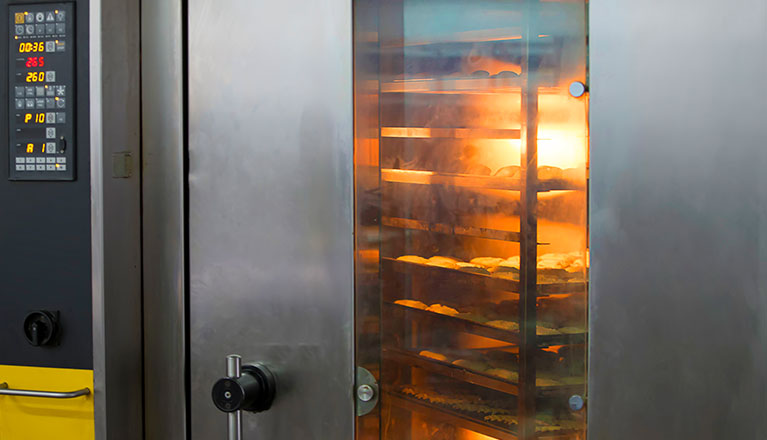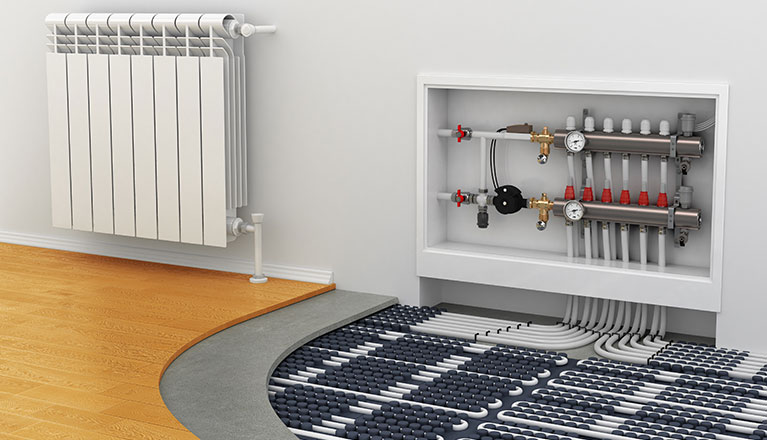Source: Green Tech Media
From electric infrared heaters for curing and drying, to induction heaters for metal surface treatments, to the rapid growth of all-electric forklift fleets, to higher-pressure, emissions-free compressors, energy conversion to electric technologies offers an endless range of industry-specific benefits and technical advantages. Virtually all technology innovations today exploit electric power, even in legacy heavy industries. Today, steel mills have turned to electric arc furnaces to melt steel at precise high temperatures without releasing harmful emissions. Ironically, it’s too inefficient to use natural gas to power natural gas pipeline compressors. Electric heat pumps are providing more efficient climate control without contributing to climate change. The first all-electric, 18-wheeler trucks will hit the market in 2019 — semis that go from 0 to 60 in five seconds. And, electric cars are picking up speed. There seems to be a trend: power conversion to electricity leads to more capabilities. And, as it does, it reduces the industrial world’s carbon footprint on a massive scale.
Thus, many people are wondering if the future is “all-electric”. This article discusses ongoing studies by the National Renewable Energy Laboratory on the current and future impacts of energy conversion in commercial and residential buildings, transportation and industry. Today, electric power makes up only 40 percent of total energy consumption in the U.S. But in terms of efficiency, technical advancement and, above all, environmental sustainability, the trend is moving toward all-electric industries.




